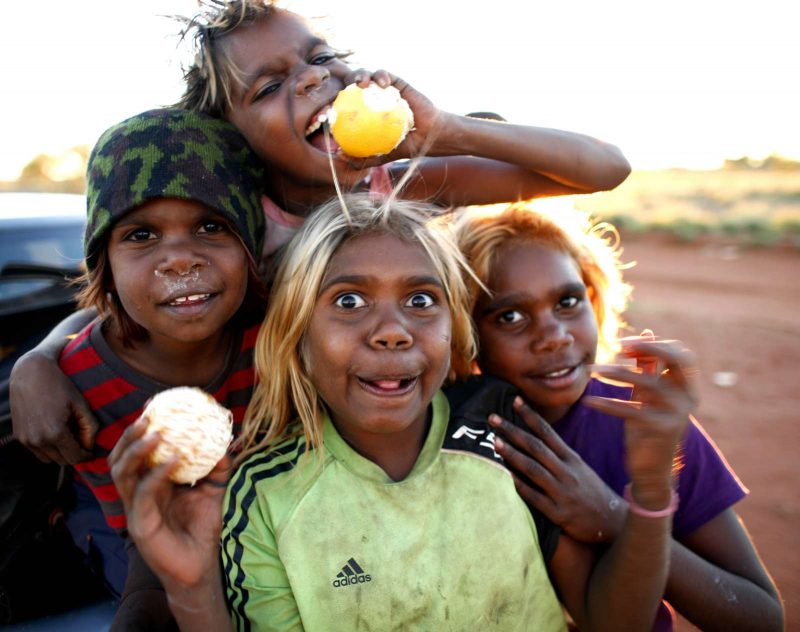 A new research project conducted in the Aṉangu Pitjantjatjara Yankunytjatjara (APY) Lands in South Australia has resulted in an increase in the amount of healthy foods and drinks sold – the first improvement in over 40 years.
A new research project conducted in the Aṉangu Pitjantjatjara Yankunytjatjara (APY) Lands in South Australia has resulted in an increase in the amount of healthy foods and drinks sold – the first improvement in over 40 years.
The 12-month project conducted by the Australian Prevention Centre, NPY Women’s Council, Nganampa Health Council and Mai Wiru Regional Stores addressed Aboriginal food security and dietary intake in the remote communities of Pipalyatjara and Amata.
Food security means people have physical, economic and social access to food that meets their dietary needs. Lack of food security is still a significant contributor to poor health in Aboriginal and Torres Strait Islander communities.
“We have been assessing food security and dietary intake metrics to inform interventions on the APY Lands since 1986 and, despite everyone’s efforts, nutrition and diet-related health had been getting worse,” Researcher Professor Amanda Lee said.
The project initiated a concerted push to improve the number, range, quality and price of healthy foods in community stores. The project also worked with stores to improve good food placement, promotion and healthy takeaway options, making it easier for people to make healthy food choices.
Alongside store changes, the project supported community members with healthy eating educational activities including cooking, product demonstrations, budgeting sessions for young people, recipe development and bush picnics.
The success of the project is cited as the ability to work collaboratively with partners, communities and stores to strengthen the store nutrition policy and support community demand for healthier options.
The NPY Women’s Council’s Child & Family Wellbeing Service runs two programs; the Child Nutrition Program and Walytjapiti (Intensive Family Support) that support families and communities to address issues that affect the ability of children to thrive. The Child & Family Wellbeing Service was proud to be a part of such a positive project and with strong outcomes in remote communities.
“While we actively target children’s health and nutrition as a part of our Child Nutrition program. The real outcomes and success comes in addressing the bigger picture of nutrition in communities generally,” said Shelagh Woods, NPYWC Child and Family Wellbeing Service Manager.
Find out about NPY Women’s Council Child & Wellbeing Service here.
Find out more about the research project: The Australian Prevention Partnership News

